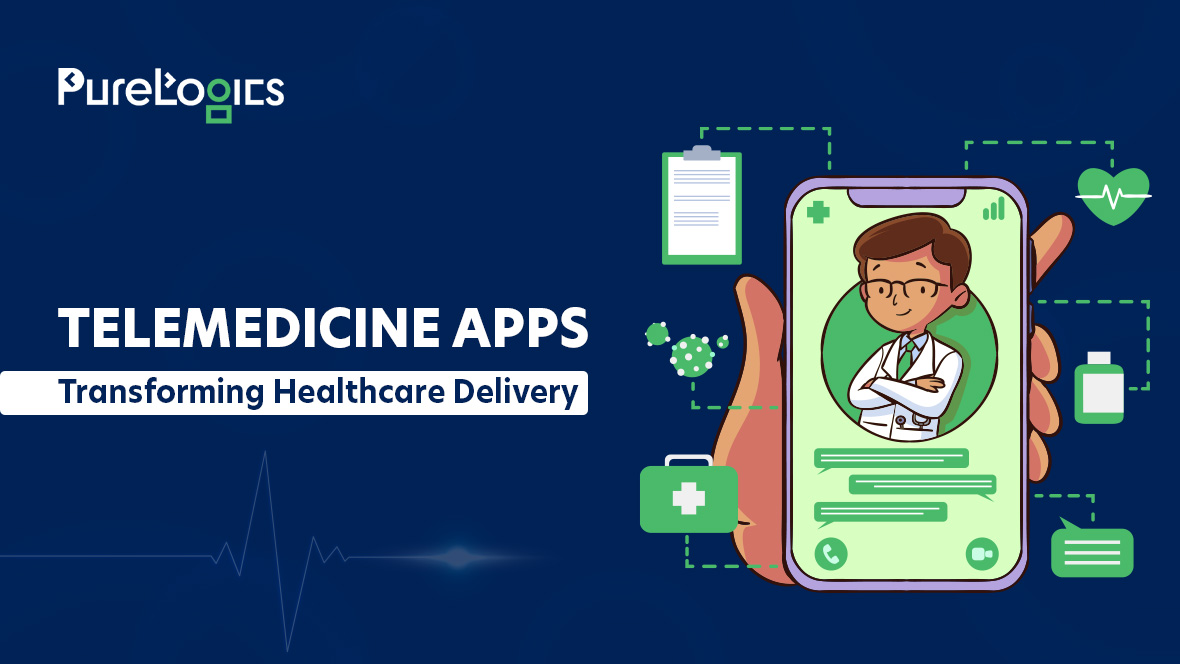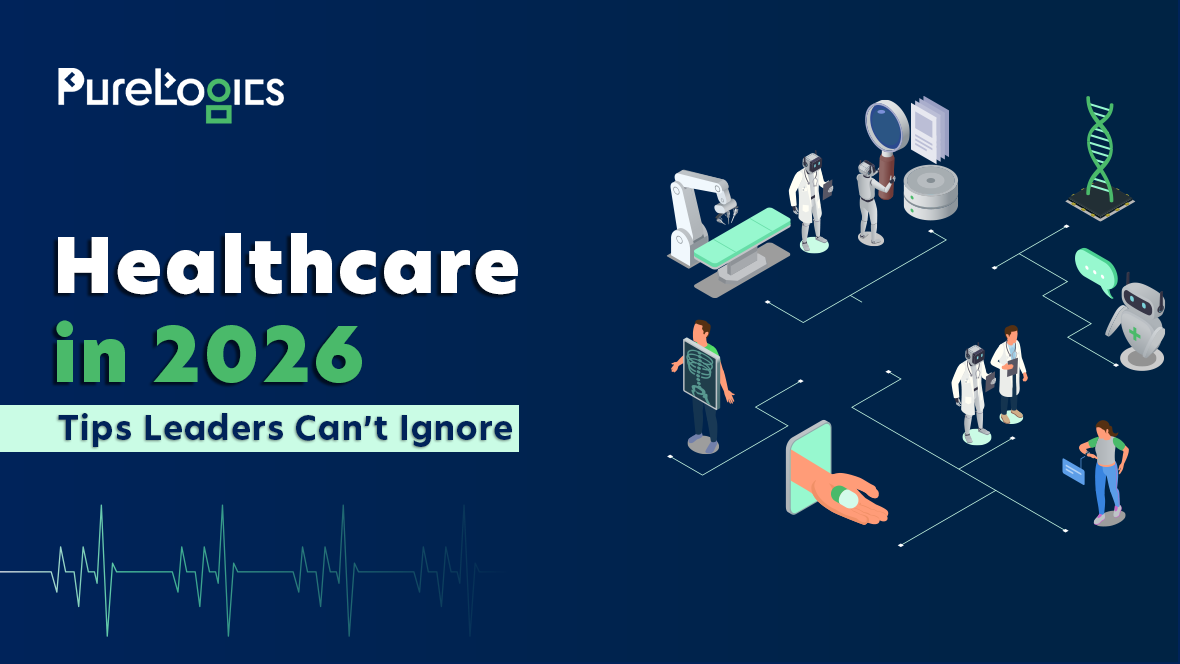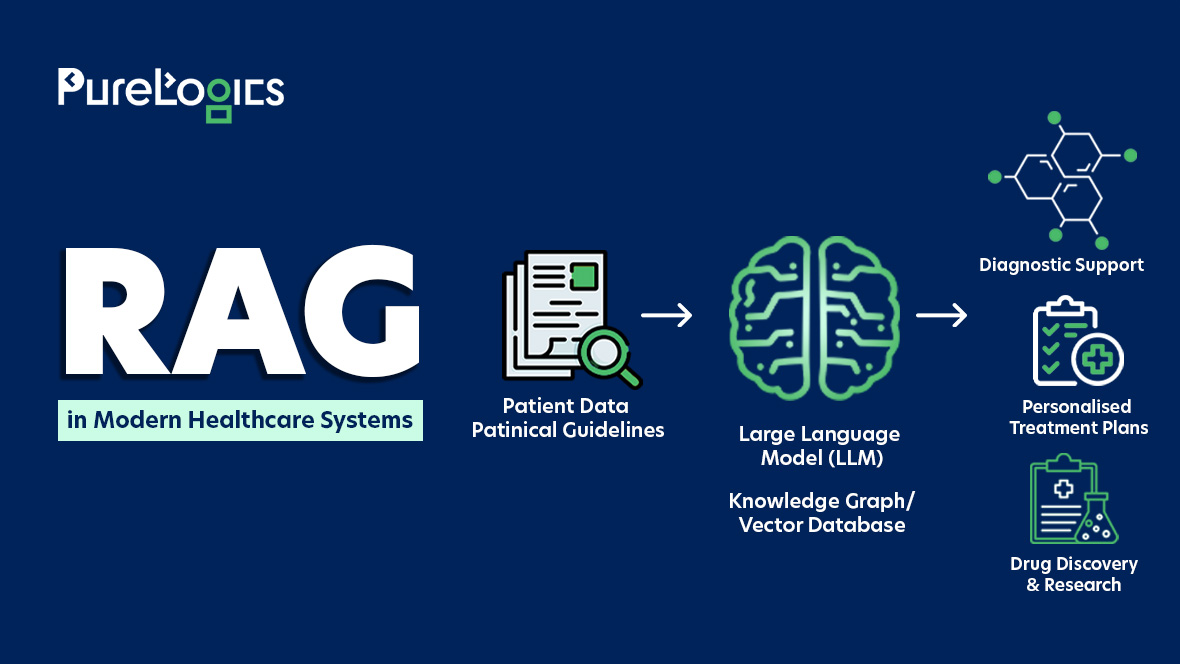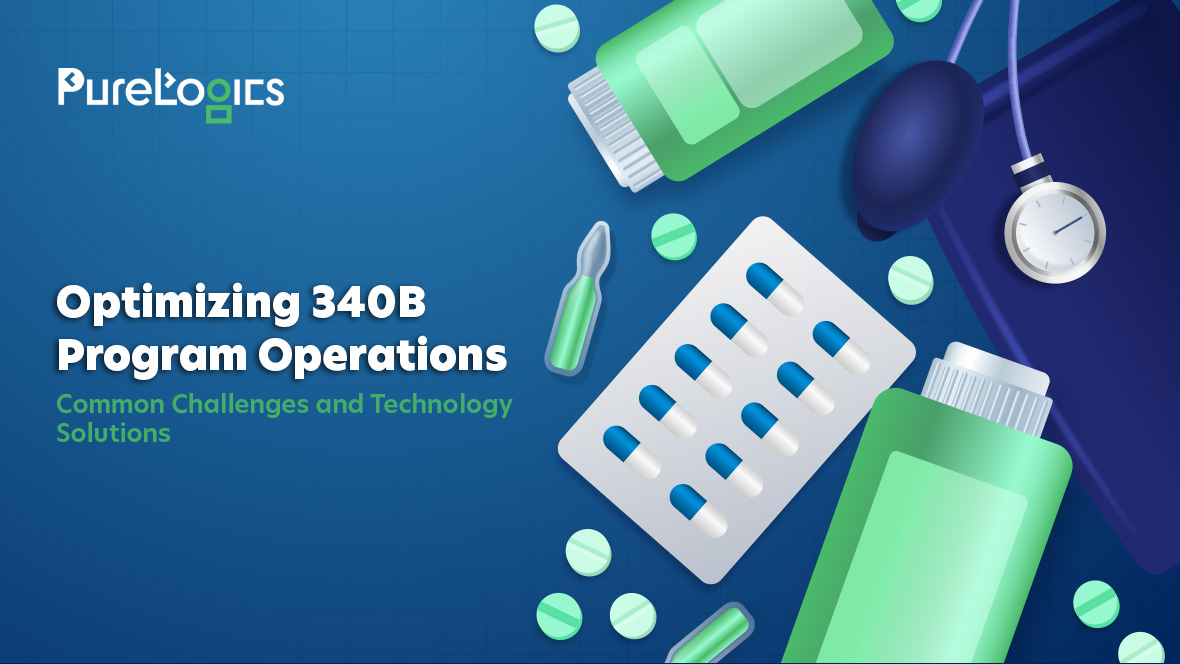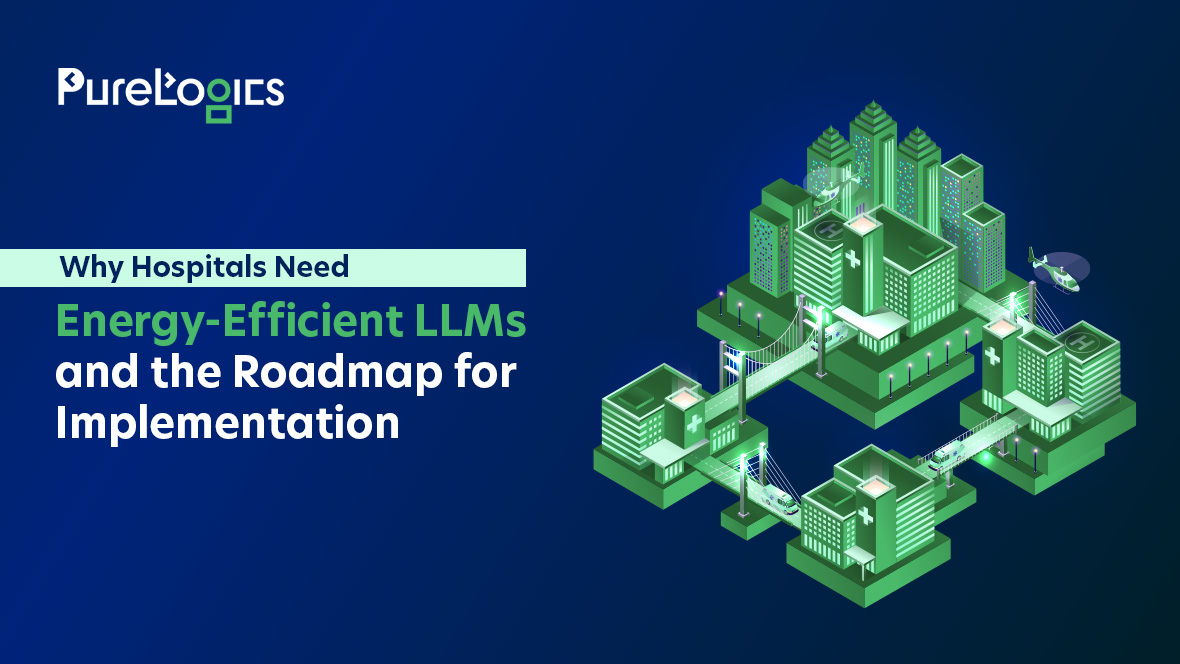The worldwide patient-doctor ratio is very poor, to say the least. However, telemedicine apps have started changing that. Their features, like online messaging, video consultation, and remote health monitoring, are bringing healthcare straight to people’s homes.
Fortune Business Insights reports that today, more than 60% of people prefer telemedicine over regular, in-person appointments. Following this trend, having your dedicated telehealth app isn’t only important but vital.
In this blog post, we’ll explore the impact of telemedicine apps in the healthcare industry. We will explain its features and advantages, as well as examples where telemedicine app development has revolutionized healthcare delivery and patient outcomes.
Key Features of Telemedicine Apps
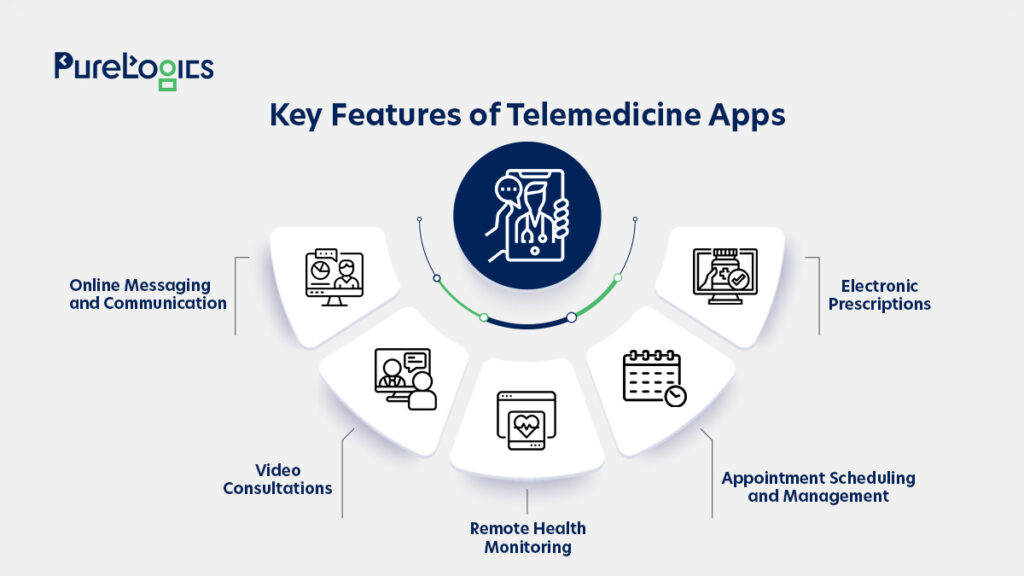
Online Messaging and Communication
Telemedicine apps act as a platform for secure communication between patients and doctors. Their online message feature allows patients to ask health-related questions and get medical advice from doctors. It eliminates the need for traditional, in-person visits and enables patients to manage their chronic conditions when regular check-ups are important but it is difficult to commute to the hospital.
Video Consultations
Video consultations bring the doctor’s office to the patient’s home. It enables real-time visual interaction. This feature helps doctors diagnose patients’ conditions and offers treatment plans. Video consultations gained popularity during the COVID-19 pandemic; since then, many healthcare organizations and patients have been leveraging telemedicine apps for virtual consultations.
Remote Health Monitoring
This feature includes the use of wearable devices and sensors that can detect signs of diseases and other health metrics. Telemedicine applications can connect with these wearable devices and sensors to gather and interpret data. This integration helps healthcare providers get insights into the health status and make timely interventions to manage chronic diseases efficiently.
Appointment Scheduling and Management
Telemedicine apps also have features that can schedule, reschedule, and even cancel appointments. Telemedicine apps can automate the process for patients and minimize the unnecessary burden on healthcare providers. These apps also have automatic reminders and notification features that can help patients adhere to treatment plans.
Electronic Prescriptions
Using the telemedicine app, hospitals and doctors can also send prescriptions directly to related pharmacies. These e-prescriptions allow hospitals to get rid of paper prescriptions and minimize the chances of errors in prescriptions. Not only this, electronic prescriptions can also track medication usage, as well as refill requests.
Ensure Privacy, Build Trust
Leverage secure, HIPAA-compliant telemedicine apps to protect patient data..
Advantages of Telemedicine Apps
Now, let’s have an eye-bird view of the benefits of telemedicine apps!
Increased Accessibility
Increased accessibility to quality healthcare services is one of the primary benefits of telemedicine apps. Now, patients don’t need to endure long and exhausting travels or wait for hours in waiting rooms. Instead, they can quickly connect with their doctors from their homes through their smartphones and healthcare apps.
Cost-Effectiveness
With telemedicine, both doctors and patients can also save their money. As for a patient, the traveling expenses from their places, taking leave from offices, finding replacements, car parking, etc. All these things lead to more expenses beyond the doctor’s fees.
Enhanced Patient Engagement
You understand that healthy doctor-patient communication is essential for high-quality healthcare. Thanks to telemedicine apps that have boosted patient engagement with their highly beneficial features.
Privacy Assurance
Patient data privacy is extremely important in the healthcare sector. Thanks to healthcare software development services that ensure that telemedicine apps have the highest levels of security features. Common practices are data encryption, efficient user authentication, and adherence to healthcare regulations like HIPPA.
Continuity of Care
Healthcare isn’t a one-time process; continuity of care is always needed to manage chronic conditions. Telemedicine app development facilitates continuous communication between both healthcare providers and patients. Using a telemedicine app, patients can line up follow-up appointments and share updates on their health progress.
Case Studies: Revolutionizing Healthcare with Telemedicine
Teladoc Health
Teladoc Health is a leading telemedicine provider in the United States of America. It has transformed accessibility to healthcare for millions of people across the globe. The platform’s services include telehealth, AI and analytics, medical opinions, telehealth devices, and many more. Teladoc Health’s success shows the increasing trend of using telemedicine and the ability of applications to deliver quality healthcare remotely.
Babylon Health
Babylon Health is also a popular example of a telemedicine provider. It was a digital-first healthcare provider that incorporated AI into its platform. The app integrates AI-supported symptom checkers with remote consultations. It provides users with quick medical advice and access to healthcare experts. The success of Babylon Health shows the potential of technology to enhance the accuracy of patient diagnosis.
MDLive
MDLive offers a comprehensive telehealth solution, including virtual consultations, behavioral health services, and teletherapy. The platform’s success in providing accessible mental health care demonstrates the potential of telemedicine to address critical gaps in mental health services, especially during times of increased demand.
MyTelemedicine
My Telemedicine provides a user-friendly platform for accessing medical care, including primary care and urgent care services. The app’s emphasis on simplicity and accessibility has made it a popular choice for patients seeking convenient healthcare solutions.
Lead the Way in Telemedicine Innovation
Expand your reach and enhance care accessibility with advanced telehealth solutions.
Challenges and Future Directions
While telemedicine apps have made significant strides, challenges remain. Issues related to data security, regulatory compliance, and technology access must be addressed to ensure the continued success of telemedicine. Future developments may include advancements in AI and machine learning, which could further enhance diagnostic capabilities and patient outcomes.
Moreover, as telemedicine becomes more integrated into healthcare systems, it will be essential to ensure equitable access for all populations. Efforts to bridge the digital divide and provide support for underserved communities will play a crucial role in maximizing the benefits of telemedicine.
Final Remarks
Telemedicine apps have undeniably transformed the landscape of healthcare delivery, offering innovative solutions that enhance accessibility, efficiency, and patient engagement. As technology continues to advance, the potential for telemedicine to further revolutionize healthcare is immense. By embracing these digital innovations, healthcare providers can deliver better care, reduce costs, and improve outcomes for patients around the globe.
Are you ready to transform your healthcare delivery with the power of telemedicine apps? Contact us today to learn about our high-quality healthcare app development services. PureLogics offers a free 30-minute consultation call. The clock is ticking. Fill out the form; our representative at PureLogics will get in touch with you shortly.


 [tta_listen_btn]
[tta_listen_btn]
 November 6 2024
November 6 2024

